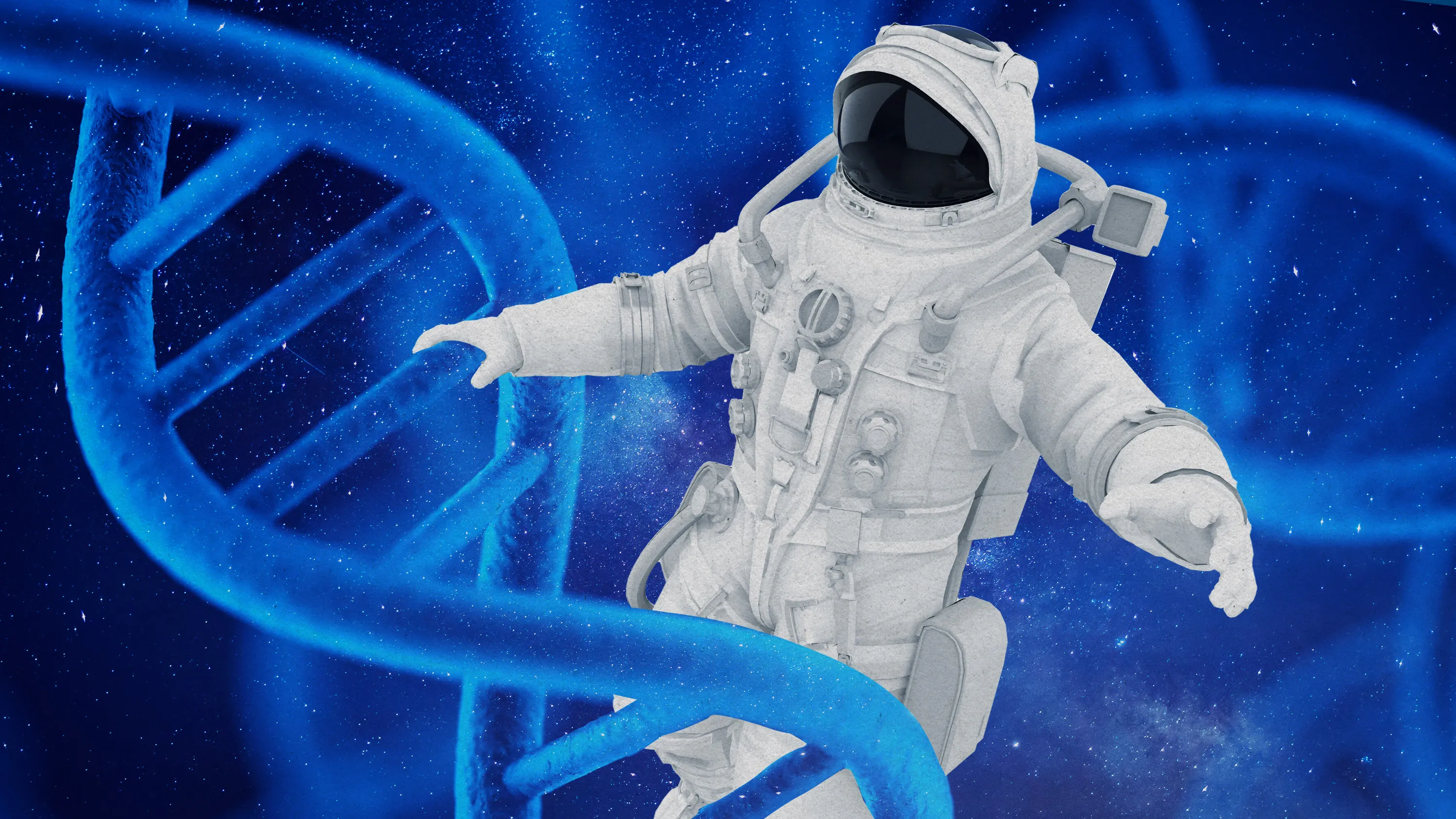Space Travel Is Dangerous and How Genetic Testing Could Improve Safety

Exploring the Dangers of Space Travel
Space travel is dangerous due to the exposure to harmful radiation, the effects of microgravity, and other physical challenges faced by astronauts. These factors can lead to serious health problems during and after missions.
The Role of Genetic Testing in Space Safety
Emerging technologies like genetic testing and gene editing may hold the keys to improving astronaut safety. By understanding individual genetic predispositions, we could potentially develop personalized strategies that enhance resilience to radiation and other hazards.
- Identify genetic vulnerabilities
- Implement tailored health interventions
- Advance research in space medicine
Potential of Gene Editing
The advancements in gene editing technologies, such as CRISPR, could enable scientists to modify genes linked to health risks in space. This approach might lead to breakthrough solutions that protect future astronauts on long-duration missions.
- Enhanced resistance to radiation
- Improved recovery from health issues
As the space industry continues to grow, it is essential to prioritize the health and safety of those venturing beyond Earth.
This article was prepared using information from open sources in accordance with the principles of Ethical Policy. The editorial team is not responsible for absolute accuracy, as it relies on data from the sources referenced.